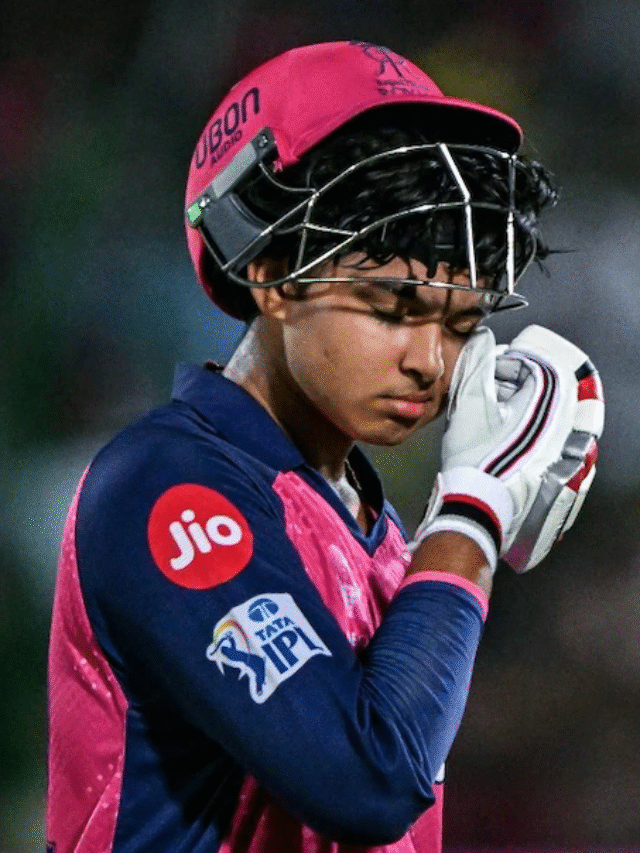“Suppose a man passes away and his assets are legally supposed to go to four people. He may not have wanted that,” she explained in an interview with CNBC-TV18. “If he didn’t want his assets equally divided four ways, he should put that in writing.” A will, she said, is what allows a person’s personal intentions—whether that involves supporting a specific family member or donating to a cause—to be legally honoured.
Creating a will is a relatively simple process, but it requires thoroughness. Pathak advised individuals to list all their assets, from property and investments to artwork and lockers, along with the intended beneficiaries.
Under Hindu law, sons and daughters have equal rights to a father’s assets, alongside the wife and mother.
To make a will legally valid, it must be signed by the person making it and attested by at least two witnesses. These witnesses can be relatives or non-relatives but should not be beneficiaries. “That validates it,” Pathak said, adding that the will can then be registered or safely stored at home.
Importantly, an executor—who ensures the will is implemented—can be either a family or non-family member, and may even be one of the beneficiaries.
Below is the excerpt from the interview.
Q: Let’s start with some broad thoughts. When we talk about succession, at some point in life it’s about knowing what’s due to me. Will I get my share because I’m due to inherit something? And then, beyond a certain stage in life, it becomes about how I need to plan the transfer of my assets to the next generation or to whoever the intended beneficiary might be. How should one approach the concept of transferring wealth?
Pathak: In India, there are many personal laws. Since there are multiple religions, there are also multiple personal laws. If I have assets and I pass away, the law that will govern me depends on my religion. If I die without anything in place, meaning without a will, I will be considered to have died intestate.
When someone passes away without a will, their personal succession law applies. For Hindus, it’s the Hindu Succession Act. For Muslims, it’s Sharia law. For Parsis or Christians, it would probably be the Indian Succession Act. That law will govern what happens to your assets if you pass away without anything in writing. So, it becomes very important for all of us to make a will so that we can specify how things should be done.
Q: Just to understand the law: if someone passes away without a will, it’s called dying intestate. So, are the succession laws across religions vastly different, or is the Indian Succession Act somewhat similar to the Hindu Succession Act?
Pathak: I would say the Indian Succession Act and the Hindu Succession Act are pretty similar. They’re a little different from the Muslim succession law, which follows Sharia and other specific guidelines. The main point is that the family members, your near and dear ones, are covered under these laws. The law specifies how much of a share goes to the wife, the mother, the children, and so on. That’s the general structure of most personal succession laws.
Q: Let’s take the Hindu Succession Act as an example. If I pass away without making a will, who gets my money, my property, or any other assets I own?
Pathak: If we’re talking about a male Hindu, and he passes away without a will, his assets are equally divided between his mother, his wife, and his children. If any of them are not alive, then the remaining people will receive the share in equal proportion. If none of them are alive, then the grandchildren, or if no direct descendants exist, then people defined under Class II heirs in Hindu law will inherit the assets.
Q: Do these legal heirs have to prove that they are legal heirs in order to get the assets? For instance, if a Hindu man passes away, will his children or grandchildren need to do something specific, or is the transfer automatic because it’s defined in law?
Pathak: No, it doesn’t happen automatically, even though it’s defined in law. Since assets are to be distributed in equal proportions, people usually come to a common consensus among themselves about how to divide the father’s assets. But in certain cases, like bank lockers or property, you will need a legal document to establish that you are the legal heir. These documents must be procured through a court, so you have to go through a legal process to get the assets transferred to your name.
Q: You’re saying sons and daughters are equally entitled to a share of the assets, correct?
Pathak: Yes. And as much as the mother and wife.
Q: If this is already clearly defined by law, then why is it so important to make a will?
Pathak: Continuing with the same example: suppose a man passes away and his assets are legally supposed to go to four people. He may not have wanted that. Maybe his mother is quite old and he has other siblings who can support her. Perhaps he intended for his assets to go to his wife so she could take care of their children and his mother. If he didn’t want his assets equally divided four ways, he should put that in writing. It’s important to express these preferences in a will. He may also want to give back to the community or to an institution, if that wish is not in writing, it won’t be fulfilled. So, making a will ensures your intentions are honoured.
Q: Now let’s move to the nuts and bolts of it. How is a will created? I believe you need two witnesses, right? How complex or simple is the process?
Pathak: It’s a fairly straightforward process. There are some basic guidelines to follow. I tell my clients to start by listing who their beneficiaries are. These could be family members or others, beneficiaries and family members may not always be the same. You may want to leave something to a friend or an institution.
Write down all your assets. This includes real estate, investments, bank accounts, insurance policies, and locker details. If you own artwork or artifacts, include those too, with information about their origin. Be as detailed as possible. If you have shares in a company or a partnership firm or LLP, mention all relevant details.
Next to each asset, specify the beneficiary. Then include a backup, if that beneficiary isn’t around, who should get the asset instead? Often the primary beneficiary is the spouse, but it’s important to plan for contingencies.
Also, include a residuary clause. This covers any asset you may have forgotten to mention. Appoint an executor, this person will take the will to court after your death. Ideally, this person should be younger than you and capable of executing the will’s instructions.
Q: Usually the executor is a family member. Can it be a non-family member?
Pathak: Yes, it can be a family or non-family member.
Q: And the executor can also be one of the beneficiaries?
Pathak: Absolutely. You should also mention your PAN card and Aadhaar card numbers in the will, as these can help trace your investments. And name a secondary executor in case the primary executor is unavailable.
Once the will is drafted, the person making it must sign it. The two most important people, aside from the person making the will, are the witnesses. You need two or more witnesses to sign the will. That validates it. After that, you can either register the will or just keep it safely at home.
Q: Do the witnesses have to be unrelated? Can they be family members?
Pathak: They can be relatives or non-relatives. That doesn’t matter. But they should not be beneficiaries in the will.
Watch the accompanying video for more






